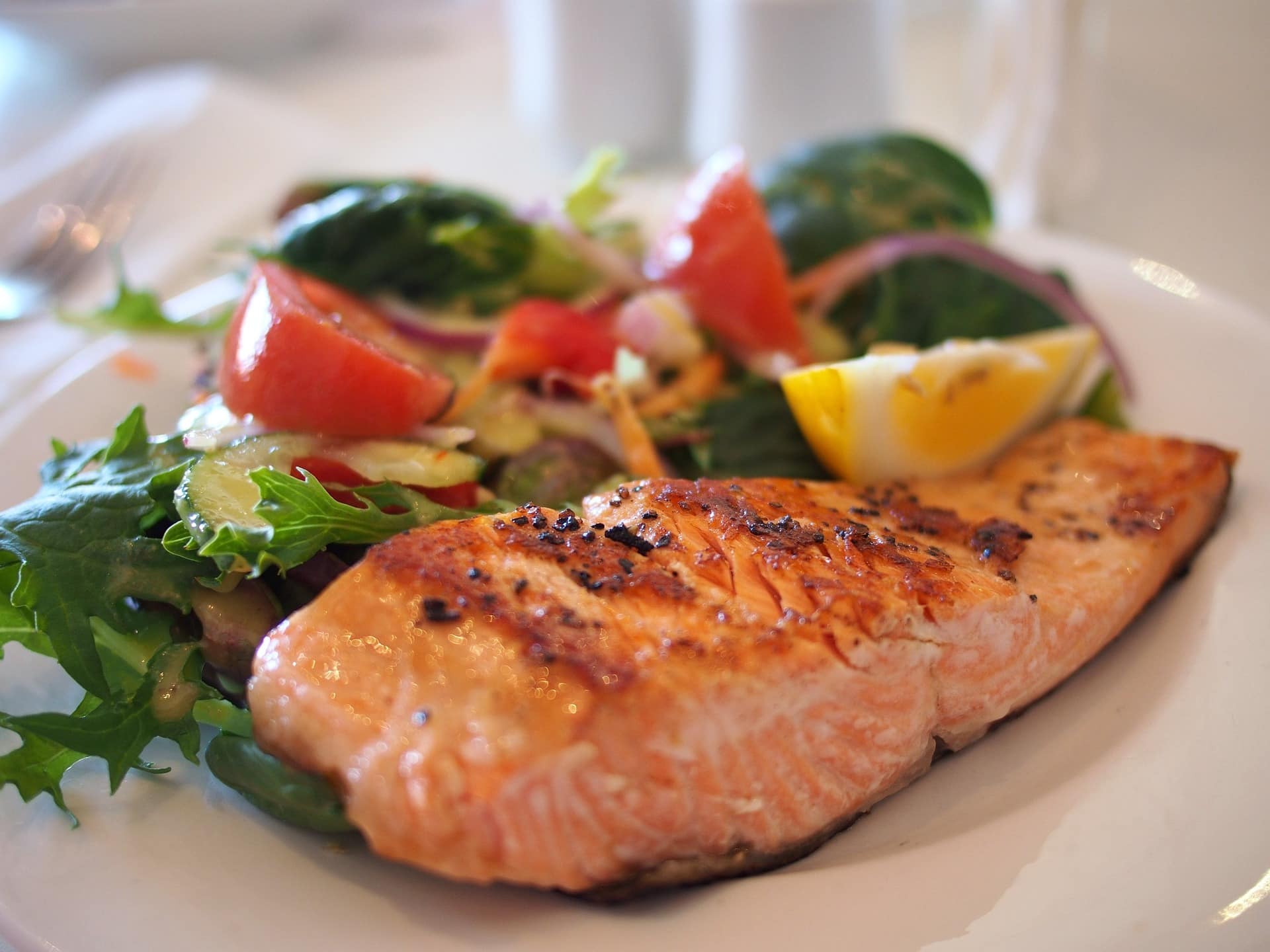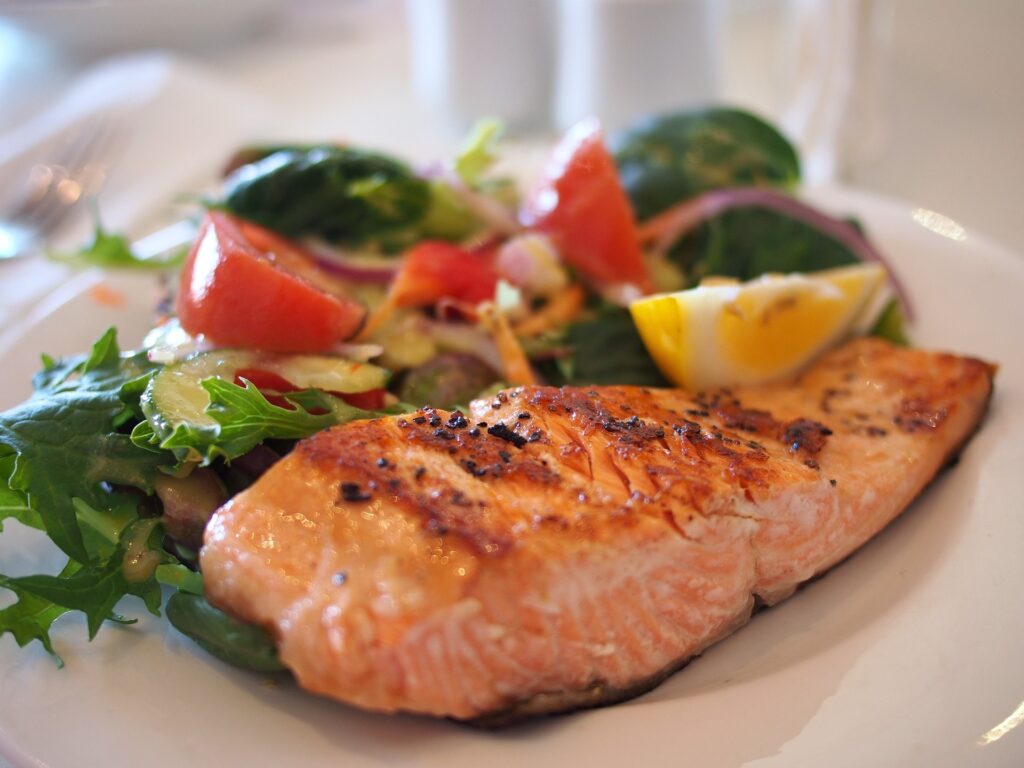For us, meat is one of the most important sources of the complete proteins that are required to fulfill a number of important functions in our body. Many of us cannot imagine not eating meat. However, its consumption is also associated with negative effects on our health, and on nature. Intensive livestock breeding has had a negative impact on the environment by contributing to the weakening of the ozone layer, an increase in acidification and greehouse gases, while livestock breeding is associated with methane emissions. Methane emissions have a much greater influence on climate change than the often discussed carbon dioxide. If you are thinking about consuming meat in an ecologically sound contenxt, and want be more responsible in your approach to nature and your health, it is possible to be flexitarian. You can be flexitarian by limiting the amount of meat and animal products you consume, as well as taking into consideration the quality of those products. The basic idea is to eat a more vegetarian-oriented diet, and ensuring that if meat is included on the menu, that it comes from either organic or high-welfare farms. According to the GfK Health & Wellbeing Report Europe, one in three European households is consciously limiting their meat consumption. In the Czech Republic people between the ages of 18 and 35 are increasingly interested in alternative foods.
Eating meat gives us essential amino acids without which the human body cannot function, as well as a feeling of satiety. However, over time, an excess of animal-derived foods contributes to cardiovascular diseases, colon cancer, clogging of the arteries, and an increase in blood pressure. Additionally, it changes your gut microbioa which leads to a decrease in immunity. There is a link between red meat consumption and both pancreatic and prostate cancers. High consumption of meat and animal products will not help us if we want to lose weight.
According to available data, there is a proven connection between meat consumption and a higher mortality rate. On the other hand, when replacing animal-derived proteins with plant-derived proteins, mortality rates correspondingly decrease. If an individual is experiencing amino acid deficiency, or lacks a specific amino acid, the body experiences stress, and activates the survival circuit. The study by Hine, C., Mitchell JR., “Calorie Restriction and Methionine Restriction in Control of Endogenous Hydrogen Sulfide Production by the Transsulfuration Pathway” showed that a low methionine diet in mice activates defense mechanisms and extends healthy life by 20%.
So is a plant-based diet healthy?
A plant-based diet has many benefits. However, it is not just aobut the type of food (plant vs animal), but also about the type of food and its nutritional benefits. Therefore, the quality of a plant-based diet depends on how an individual structures their diet. Will they limit their intake of meat and replace it with an increased protion of carbohydrates, sugars, seitan, white bread, or dumplings? Or will they look for quality substitutes from legumes? A plant-based diet is a healthier alternative to a predominantly meat-based diet, but only if the diet is varied. What does this mean?
- Vegetables should comprise at least 50% of your total daily food intake. This should include as many different types of vegetables as possible. Leafy vegetables should be left raw, while other vegetables may be steamed.
- Eat food that has been made from its raw, or base, ingredients. Avoid substitutes and most additives. For industrially produced foods, be sure that only naturally occuring processes were used in their production, such as heat treatments, fermentation, or drying.
- Be sure to eat carbohydrates. Without carbohydrates we won’t have the energy needed to live. Be very careful of consuming modern products with protein supplements. It is important to pay attention to the type of protein that a product has been enriched with, and to remember that an excess of protein can be dangerous.
- When possible choose whole grain cereals, and be sure to eat a variety of them. Alternate rye, wheat, spelt (a good alternative to wheat), buckwheat, millet, sorghum, whole grain rice, and potatoes. The feeling of fullness, or being satiated, when we eat meat can be replicated by eating fibre. Additionally, there are many types of legumes, which are high in fibre. There is a lot of information available about these and other plant-based alternatives, to learn more about how to balance your diet as a flexitarian, vegetarian or vegan, consult your doctor or licensed nutritionist before embarking on significant dietary changes.
- It is not necessary to be a strict vegetarian or vegan. Limiting your consumption of poultry meat to one to two times per week, or four eggs per week, is more than enough to meet your health needs, and the needs of the planet.
- The most important thing is for as much of your food as possible to be organic.
Foods we wouldn’t change. Which animal-derived products should you indulge in from time to time?
Eggs. Why eggs? We still eat eggs because the amino acids in the egg whites are some of the best in all animal-derived products. The amino acid score of eggs is the most difficult to replace with other plant-based or animal-derived foods. Lecithin, which is contained in the yolk, can be replaced by plants, but the amino acids in the eggs whites are more difficult. Cottage cheese and other dairy products that have been fermented using lactic acid bacteria are important for the human body because they contain “probiotics”, as well as high-quality proteins and calcium.
Fish. We cannot replace some of the nutritional benefits of fish with plant-based foods.
Decosahexaenoic acid and eicosapentaenoic acid are omega-3 MKs that are found naturally only in oil fish. Other foods do not naturally contain these irreplaceable MKs. They are necessary for the growth and development of the brain, cognitive function, and other positive effects have been reported for the heart, eyes, and immune system.



